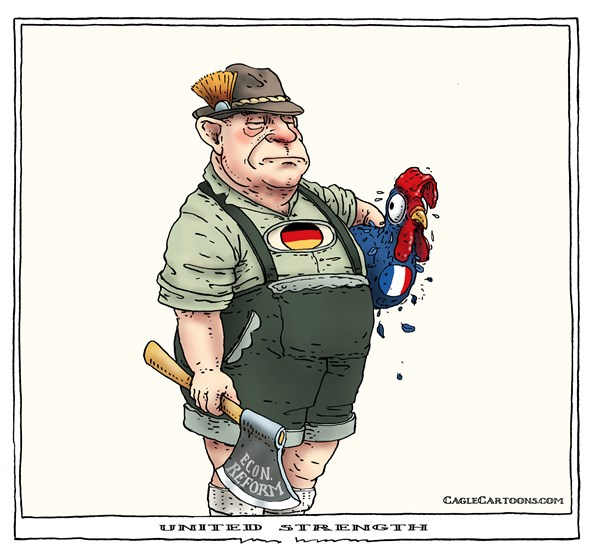- Reaction score
- 35
- Points
- 560
A look at how per capita income and "inequality" in the UK stacks up against the US. Several charts embedded, follow link:
http://blogs.spectator.co.uk/coffeehouse/2014/08/why-britain-is-poorer-than-any-us-state-other-than-mississippi/
http://blogs.spectator.co.uk/coffeehouse/2014/08/why-britain-is-poorer-than-any-us-state-other-than-mississippi/
Why Britain is poorer than any US state, other than Mississippi
Now and again, American inequality is on display to the world. We saw it after Hurricane Katrina and we have seen it again in the unrest in Ferguson, Missouri. A white police offer shoots dead a black man, after having stopped him for jaywalking. Britain’s police don’t have guns, so these scenes are unthinkable. But American-style inequality? We have plenty of that too, we’re just better at hiding it – as I say in my Telegraph column today.
I came across a striking fact while researching this piece: if Britain were to somehow leave the EU and join the US how would we rank? The answer is that we’d be the 2nd-poorest state in the union, poorer than Missouri. Poorer than the much-maligned Kansas and Alabama. Poorer than any state other than Mississippi, and if you take out the south east we’d be poorer than that too.
I’ve been asked (on Twitter) to link to my source, but I’m afraid there’s no study to point to. It’s original research. But it’s also a fairly straightforward calculation. You take the US figures for GDP per state (here), divide it by population (here) to come up with a GDP per capita figure. Then get the equivalent figure for Britain: I used the latest Treasury figures (here) which also chime with the OECD’s (here). A version of this has been done on Wikipedia, but with one flaw: when comparing the wealth of nations, you need to look at how far money goes. This means using a measure called Purchasing Power Parity (PPP). When this is done, the league table looks like the below. I’ve put some other countries in for comparison.
Chart
It’s not surprising that America’s best-paid 10 per cent are wealthier than top 10 per cent. That fits our general idea of America: a country where the richest do best while the poorest are left to hang. The figures just don’t support this. As the below chart shows, middle-earning Americans are better-off than Brits. Even lower-income Americans, those at the bottom 20 per cent, are better-off than their British counterparts. The only group actually worse-off are the bottom 5 per cent. Here are the figures:-
Chart
In America, poverty is more obvious due to White Flight – a phenomenon we just didn’t have. In the era of the motor car, the middle class (who tended to be white) worked out they could buy a plush house in the suburbs and commute. The population of St Louis, where Ferguson is a neighbourhood, has halved since 1970. And back then, Ferguson was 99 per cent white. Now it’s 67 per cent black. Any Brit who has walked the streets of Detroit will have been stunned: this supposed city looks like a bombed-out ghost town. But 45 minutes up the I94 lies the gorgeous sprawl of Ann Arbor, and some of the loveliest spots on earth. America’s White Flight created a lasting visual spectacle which has no equivalent in Europe, and when urban trouble kicks off this spectacle is there for all to see.
Britain has no space for white flight, we’re forced to live closer together. And we fool ourselves into thinking that proximity has brought cohesion. In fact, we have developed a new kind of segregation: keeping the poor cooped up in council estates, a stone’s throw from the posh parts – yet creating a very high welfare barrier which stops them properly breaking out. Brits may be appalled at America’s gap in black-white life expectancy. But our Liverpool-SW1 life expectancy gap is just as big; we just don’t get upset about it. When you walk south over Westminster Bridge from the House of Commons, life expectancy drops five years.
No one beats up America better than Americans. They openly debate their inequality, conduct rigorous studies about it, argue about economics vs culture as causes. Their universities study it, with a calibre of analysis not found in Britain. Americans get so angry about educational inequality that they make films like Waiting for Superman (trailer below). And the debate is so fierce that the rest of the world looks on, and joins in lamenting America’s problems. A shame: we’d do better to get a little angrier at our own.
PS If anyone hasn’t seen Waiting for Superman, I can’t recommend it highly enough: it’s on iTunes.














